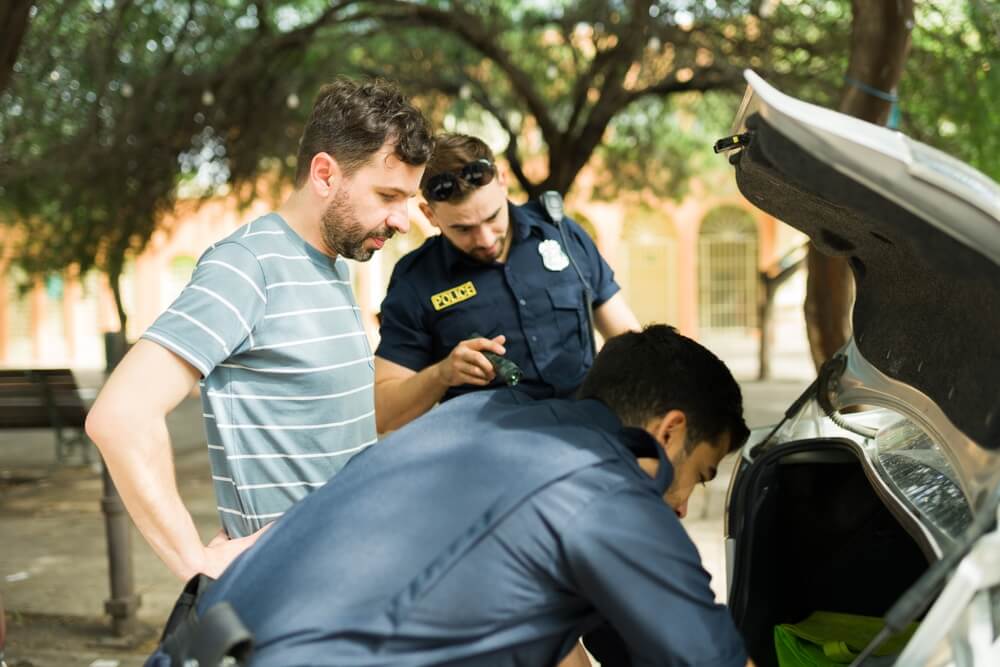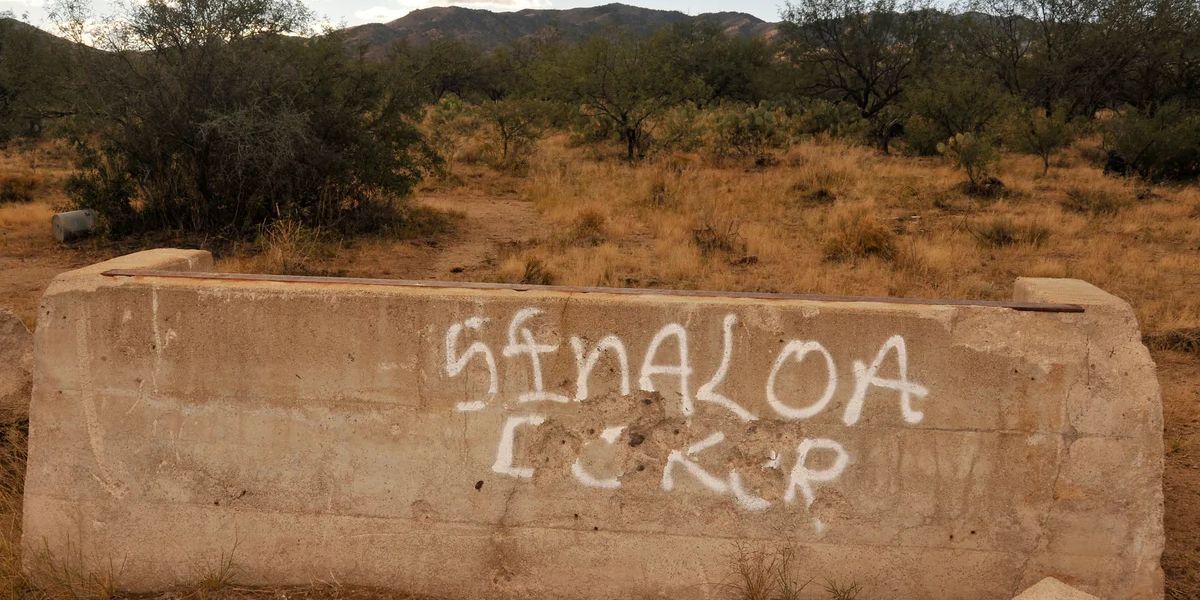Can Police in North Virginia Search Your Phone During a Traffic Stop? In Virginia, the Fourth Amendment protects individuals from unreasonable searches and seizures. The state and federal courts have been clear that police can’t search your phone during a traffic stop.
Police are allowed to search in some situations, but there are extra legal requirements that must be met before they can search a phone during a traffic stop.
Understanding Your Fourth Amendment Rights
The Fourth Amendment of the U.S. Constitution states that people have the right not to be searched or seized without a good reason.
In most cases, the police need either a warrant or your clear permission to search your phone legally.
The 2014 U.S. Supreme Court case Riley v. California made the idea stronger as it decided that the police must obtain a warrant to look into the contents of a cell phone, even during an arrest.
Just because someone is stopped for speeding doesn’t mean they can go through your phone without getting a warrant.
Exceptions to the Warrant Exceptions
Despite how the Riley case sets up strong protections, police are still allowed to search your phone in some situations. Some of these good reasons Virginia police have to make an exception include the following:
Consent: An officer will not require a warrant if you consent to them allowing them to search your phone. The consent, however should be clear, known and freely given.
The police can search your phone without a warrant during emergency situations if they think that the evidence on your phone will disappear or if the situation becomes unsafe. That is an extremely high standard, especially if the police pull over your car for no reason at all.
Plain View Doctrine: This exemption is utilized when illegal things are already seen right away, and nothing needs to be looked into anymore.
The plain view doctrine typically does not apply to digital information on your device because phones are usually locked and need to be opened to see content.
Traffic Violations and Reasonable Suspicion
Police need “reasonable suspicion” to do a limited search during a traffic stop. This standard is more for searches for weapons or illegal substances that could be a threat right away.
Virginia courts have said that police can not search your phone just because they think you might have broken the law (like speeding or a broken tail light) if they have a good reason to think it has evidence of a crime.
For instance, if the police officer believes your phone contains evidence of a DUI, they might open up a larger investigation. But they will still need a warrant to search the phone itself.
Practically Speaking: Refusing a Search Request
If someone wants to search your phone, you can refuse. Virginia police officers typically cannot compel you to unlock or hand over your phone without a good reason.
You can politely say “I do not consent to a search” if the police officer asks to look at your phone during a traffic stop. That will not block the law and may help protect your right to privacy.
Conclusion
In North Virginia, police can’t search your phone during a routine traffic stop unless they have a warrant, your clear permission, or one of the few other situations listed below.
You can protect your right to privacy while being polite along with helping the police at their work. If you do believe your rights have been violated, you may seek legal counsel. They may help you through the proper legal procedures and further assert your rights.


 by
by 




